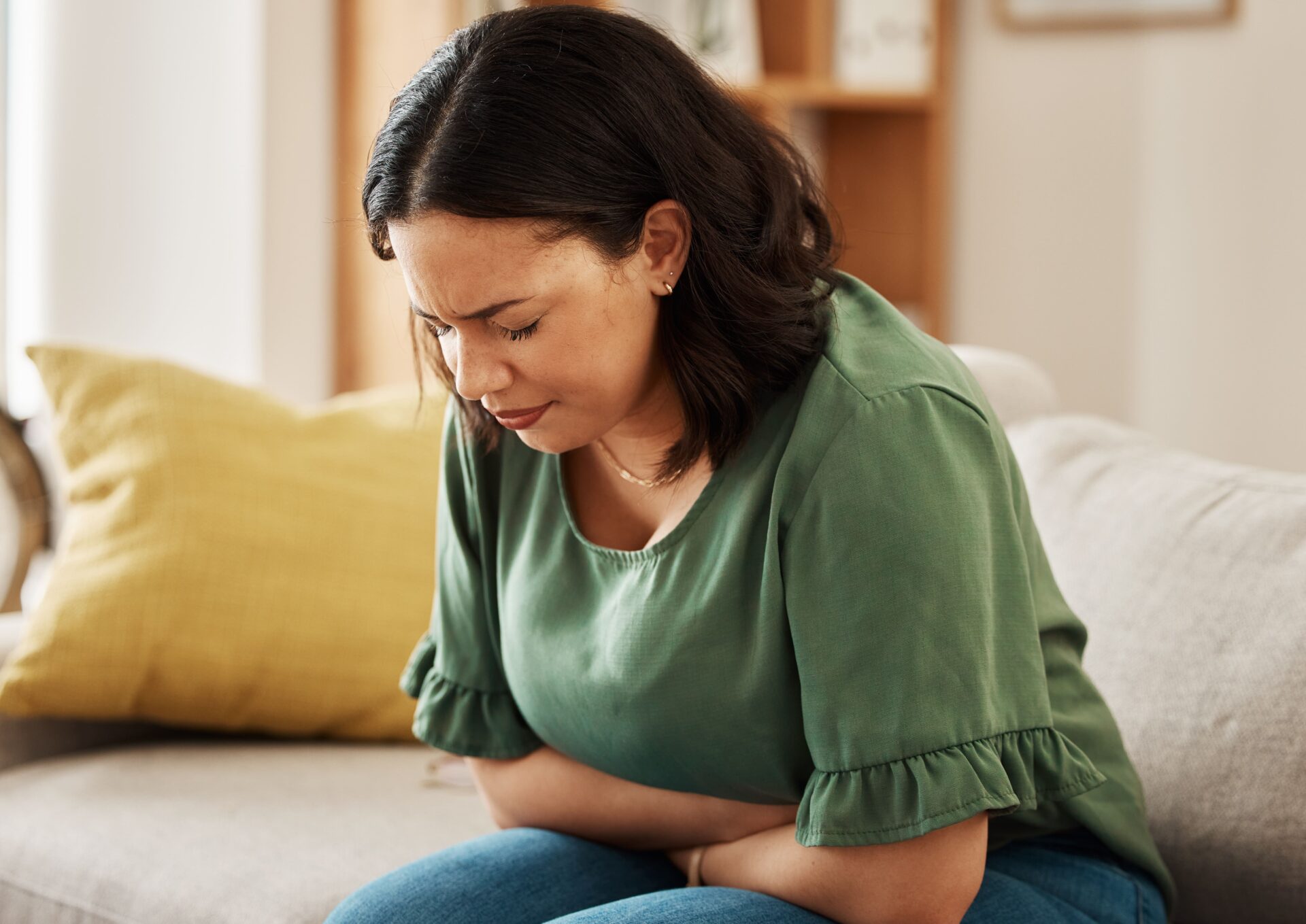Endometriosis is a chronic medical condition that affects millions of women worldwide. Not only is it a common cause of chronic pelvic pain, but it has also been associated with significant fertility challenges. In this article, we will explore in detail what endometriosis is, its symptoms, causes and available treatment strategies. In addition, we will provide updated information on how this condition affects fertility and address some frequently asked questions related to endometriosis.
What is Endometriosis?
Endometriosis is a disease in which the tissue that normally lines the inside of the uterus, known as the endometrium, begins to grow outside the uterus. This errant tissue may extend to other pelvic organs, such as the ovaries, fallopian tubes and the lining of the abdominal cavity. As the menstrual cycle progresses, the endometrial tissue outside the uterus also thickens and bleeds, but unlike normal endometrial tissue, this bleeding cannot leave the body. As a result, it accumulates in the abdomen, which can lead to the formation of adhesions, cysts and scar tissue.
Symptoms of Endometriosis
Symptoms of endometriosis can vary significantly from one woman to another. Some may experience severe symptoms, while others may not show any obvious signs of the disease. Some of the most common symptoms of endometriosis include:
- Chronic pelvic pain, often intensifying during menstruation.
- Pain during sexual intercourse.
- Heavy or irregular menstrual bleeding.
- Pain when urinating or defecating during menstruation.
- Chronic fatigue.
- Gastrointestinal problems, such as diarrhea or constipation, especially during menstruation.
It is important to note that the severity of symptoms does not necessarily correlate with the extent of endometriosis. Some women with advanced endometriosis may have little pain, while others with a mild form of the disease may experience intense symptoms.
Causes of Endometriosis
The exact causes of endometriosis are not fully understood, but there are several theories. Some of the factors that have been linked to the development of endometriosis include:
Retrograde menstruation: This is the most accepted theory. Refers to menstrual flow that backs up into the fallopian tubes and pelvic cavity instead of flowing out of the body. Menstrual tissue containing endometrial cells can implant in pelvic organs during this process.
Genetic factors: An increased risk of endometriosis has been observed in women whose mothers or sisters also have endometriosis, suggesting a genetic component.
Immune system: An ineffective immune system may not adequately clear endometrial tissue out of the uterus.
Endometriosis Treatment
Treatment of endometriosis is based on the severity of symptoms and whether the patient is seeking pregnancy. Some of the most common treatment strategies include:
Medications: Medications such as nonsteroidal anti-inflammatory drugs (NSAIDs) and oral contraceptives can help control pain and reduce the growth of endometrial tissue. More specific hormonal treatments, such as gonadotropin-releasing hormone (GnRH) agonists, are also used to stop estrogen production and reduce the size of the lesions.
Surgery: In severe cases or when other treatments are not effective, surgery may be necessary. Laparoscopic (minimally invasive) surgery is used to remove endometrial lesions and adhesions. In more extreme cases, a hysterectomy may be required.
Fertility and assisted reproduction: For women who wish to become pregnant, endometriosis can present a challenge. In these cases, assisted reproductive techniques, such as in vitro fertilization (IVF), can be used to improve the chances of conceiving. It is essential to consult a fertility specialist to determine the best strategy based on the individual situation.
Endometriosis and Fertility
The relationship between endometriosis and fertility is a significant concern for many women. The disease can affect fertility in several ways:
Adhesions: Endometriosis can result in adhesions that affect the fallopian tubes, interfering with the capture and transport of the egg from the ovary to the uterus.
Inflammation: Inflammation in the pelvis caused by endometriosis can interfere with ovarian function and egg quality.
Deterioration of embryo quality: It has been observed that women with endometriosis may have a decrease in the quality of the eggs and, therefore, of the resulting embryos.
Although endometriosis can affect fertility, many women with the disease are still able to conceive. The choice of treatment and fertility strategy will depend on individual factors, such as the severity of the endometriosis and the age of the patient.
Frequently Asked Questions about Endometriosis
Question 1: Does endometriosis always cause infertility?
Answer: No, endometriosis does not always cause infertility. The relationship between endometriosis and fertility is complex and can vary widely from person to person. Many women with endometriosis can conceive naturally or with the help of assisted reproductive techniques.
Question 2: What is the best treatment approach if I want to get pregnant and I have endometriosis?
Answer: If you want to get pregnant and you have endometriosis, it is essential to consult a fertility specialist. An experienced professional can evaluate your individual situation and recommend the most appropriate treatment strategy.
Question 3: Will surgery for endometriosis affect my fertility?
Answer: Surgery to treat endometriosis may be aimed at preserving fertility and, in some cases, may improve fertility. However, there are risks associated with surgery, so it is important to discuss the pros and cons with your doctor.
Hope for Women with Endometriosis
Despite the challenges posed by endometriosis, many women have been able to conceive and have successful pregnancies. The key is to seek early medical attention and counseling. Consulting a fertility specialist and working closely with a medical team can significantly increase the chances of success.
In summary, endometriosis is a complex medical condition that can affect both a woman’s quality of life and fertility. However, with the right medical approach and the necessary support, it is possible to overcome these challenges and have a healthy pregnancy. If you are facing endometriosis and wish to become pregnant, do not hesitate to seek medical guidance and explore the available treatment options.
Remember that each case of endometriosis is unique, so it is essential to receive an individualized evaluation from a healthcare professional. Hope is within reach, and many women with endometriosis have built happy, healthy families.





